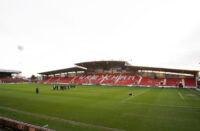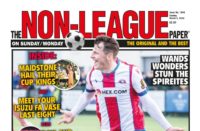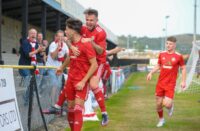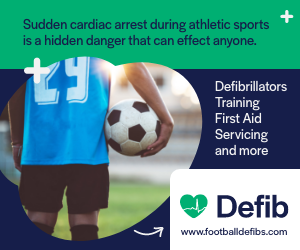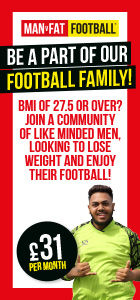IS DRUG use prevalent at our level?
I was asked recently whether recreational drugs had entered the Non-League game and become common. I simply answered that I would like to think that this isn't the case.
In my experience, it isn't a subject that I have spoken about in the changing rooms and, unsurprisingly, isn't something that a player openly talks about and certainly doesn't brag about.
People take drugs all around the world but, the moment that drugs is mentioned in sport, it becomes a dramatic issue and raises concerns as to how many players actually take them.
Like in most areas of life, there is always a minority who will take drugs. For footballers, if found guilty, it is something that will result in them being severely punished. If testing positive, it is a serious problem. Players should not get involved in anything illegal that breaches contract and drug rules.
The latest player to test positive is Farnborough FC striker Reece Connolly. He was allegedly found with cocaine and marijuana in his system – and a third unconfirmed substance – and was found guilty after an internal club investigation.
Connolly, the club claimed, had admitted using the banned substances. They suspended him for five weeks and offered him “pastoral care and advice”, and this week have terminated his contract. Whether he regularly takes drugs or just took them on the odd occasion is unknown. But if players break club rules and take drugs, they will face huge consequences.
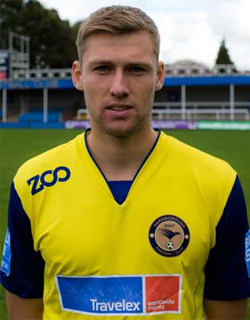
There isn't any drug testing by the FA in Non-League as far as I'm aware. I have never been tested in my time. But it's an area that needs improving if people are to take this level of football seriously. However, the law of averages would say that there will be a time when you will get caught. In this case, Connolly.
I can categorically say that I have never seen any of my team-mates take drugs or have ever heard them admit to taking them. But I have been told that a few players in the Non-League game have let their hair down in close-season and have taken them when they have gone out or gone on holiday.
I also heard that one player used to smoke the old “wacky backy” when the season had finished. This was his way of relaxing with the campaign over.
In my opinion, if people want to take football seriously and are paid to play the game, they shouldn't break the rules. The FA should do random drug tests like they do in the Football League. Random checks are made at any time of the season, whether it's before training or after a league match. The officials are there to take your urine sample.
If players are ill, they have to call the FA to inform their whereabouts and at what time they will be available. What strikes me most is that the Football League takes this so seriously and yet, when you step down into Non-League, all of a sudden rules are different.
In terms of whether footballers are offered enough help to address their problems, like drugs, it is an area that is still in limbo. It takes a tragedy like Gary Speed, who committed suicide after suffering with depression, before most associations realise that something needs to be done or improved. Likewise, with players who have drink problems.
Pastoral care should be offered to players. There should be advice available, whether it's a player turning to a member of staff who can guide them in the right direction or someone on the end of a phone who they can speak to.
There is a stigma in football, where players won't openly speak about their issues; they fear it is a sign of weakness.
For anyone who does have problems with drink, drugs, gambling, whatever, they should contact the Professional Footballers' Association or other organisations for assistance.
There are also clinics which players can check into, like Sporting Chance, which was the brainchild of former Arsenal and England captain, Tony Adams. Sporting Chance provides support and counselling for players with all kinds of destructive behaviour patterns that exist in the world of competitive sport. Don't bottle it up. Get help …
*Read The Secret Non-League Footballer's column at www.thesecretfootballer.com
Follow him on twitter @tsfnonleague


